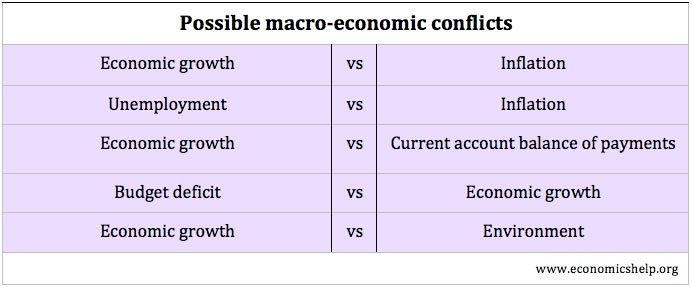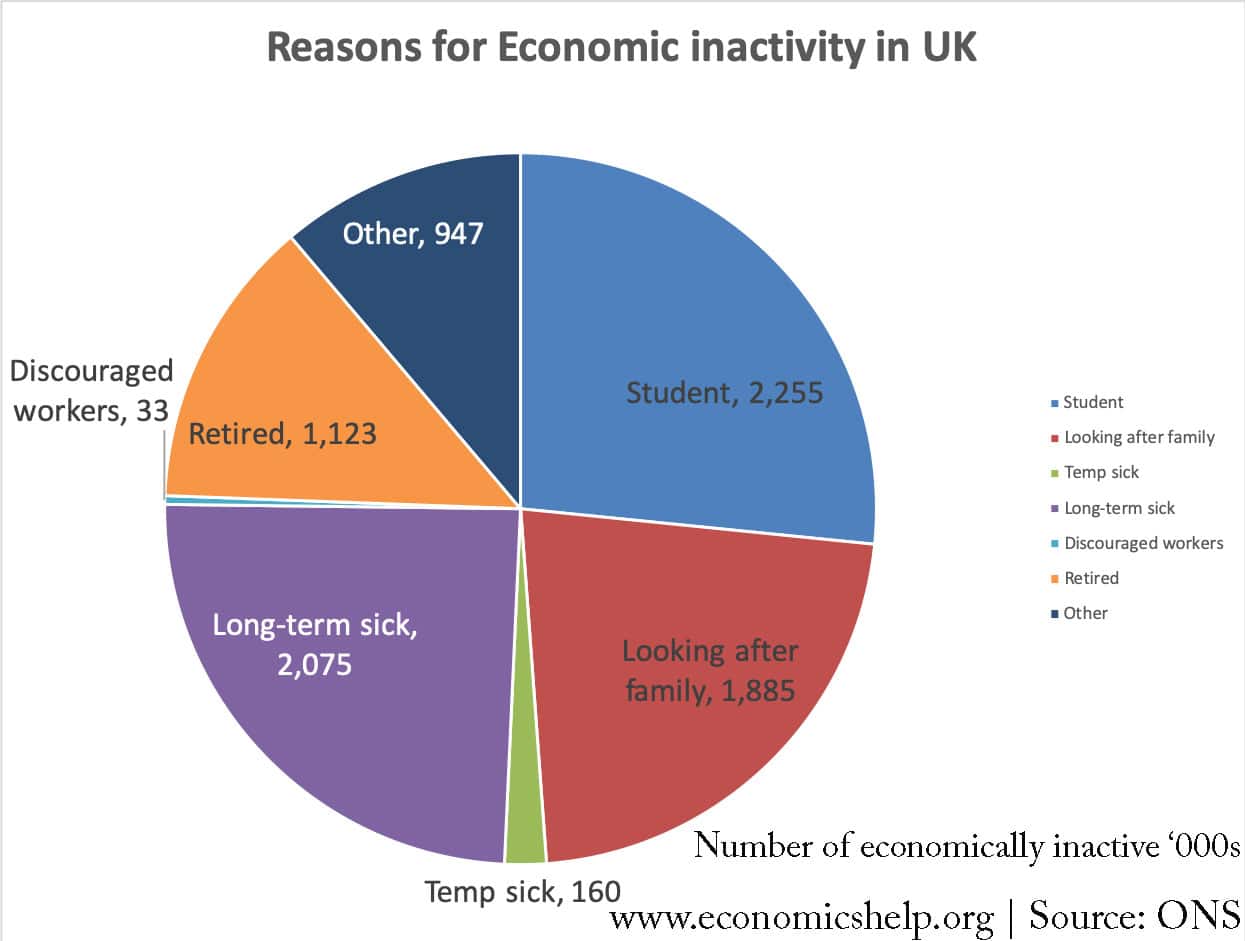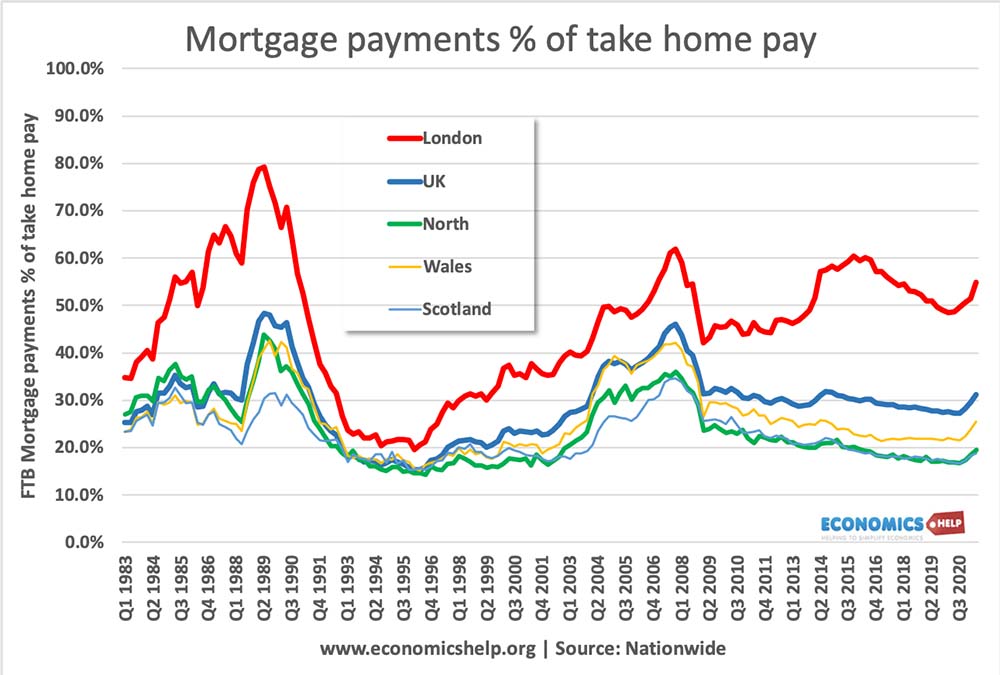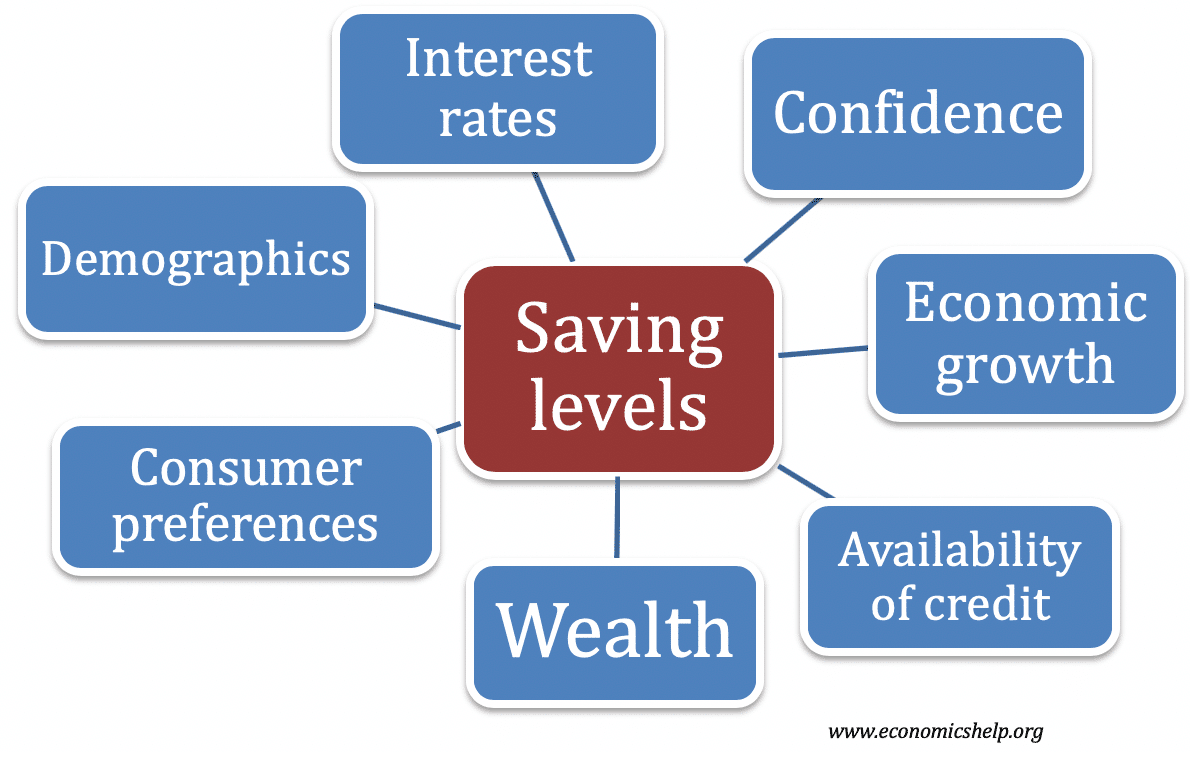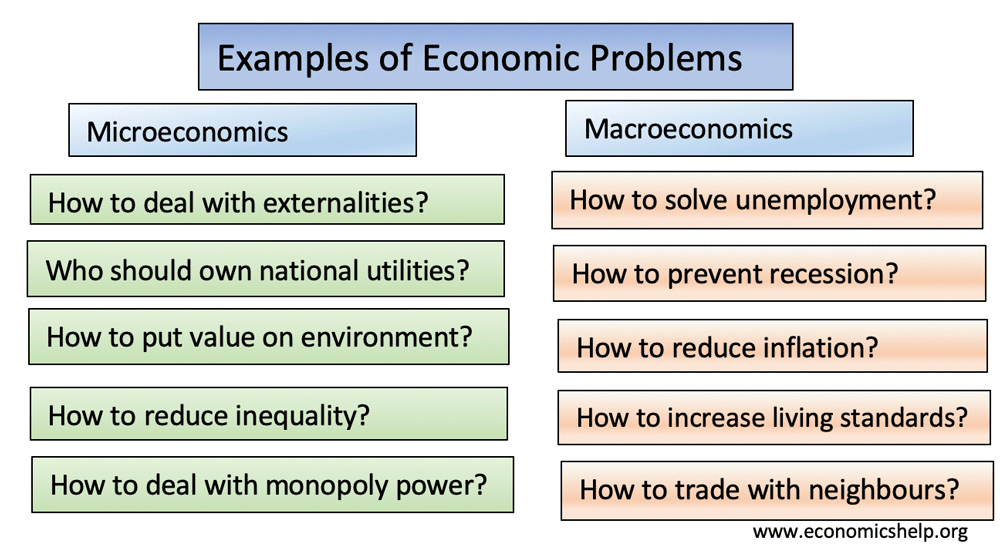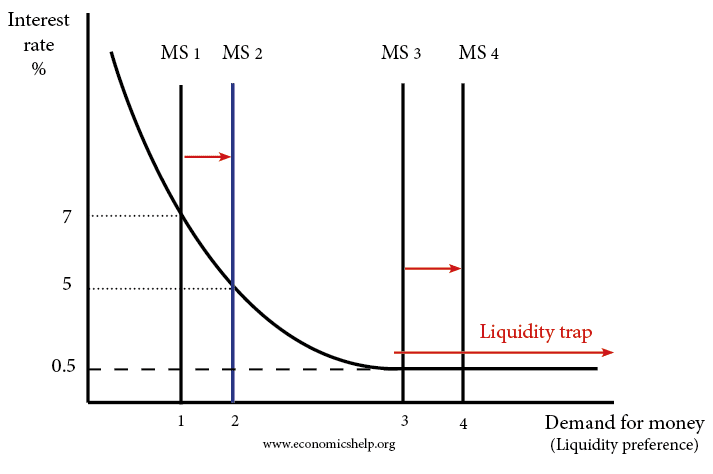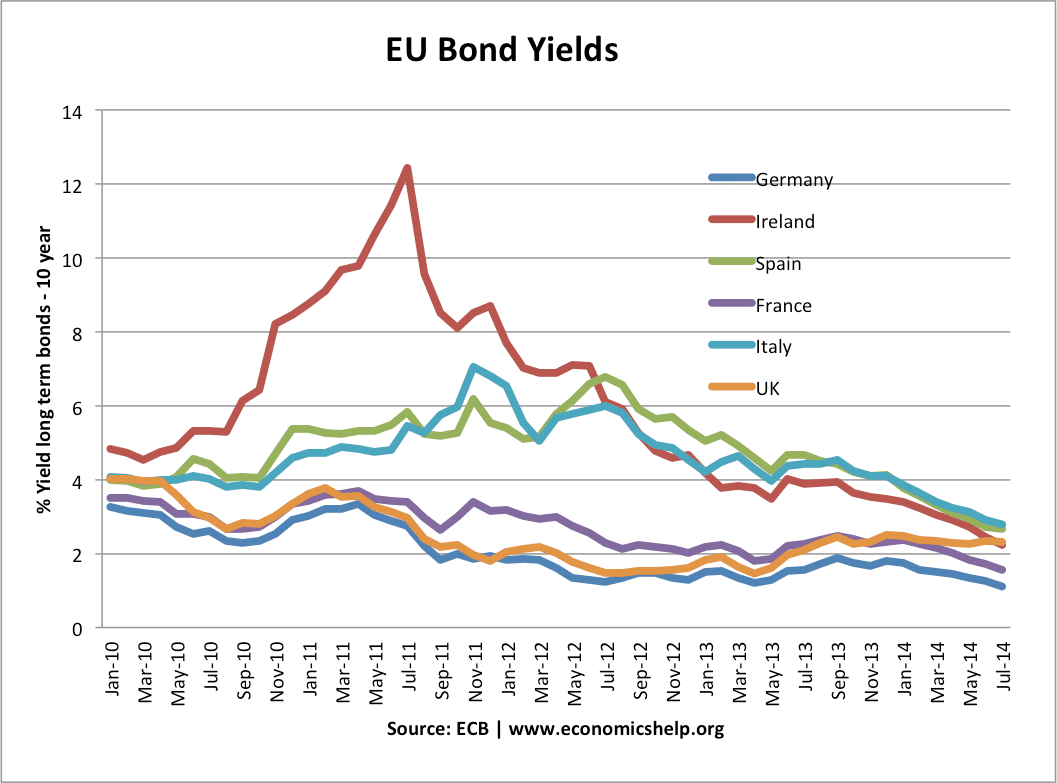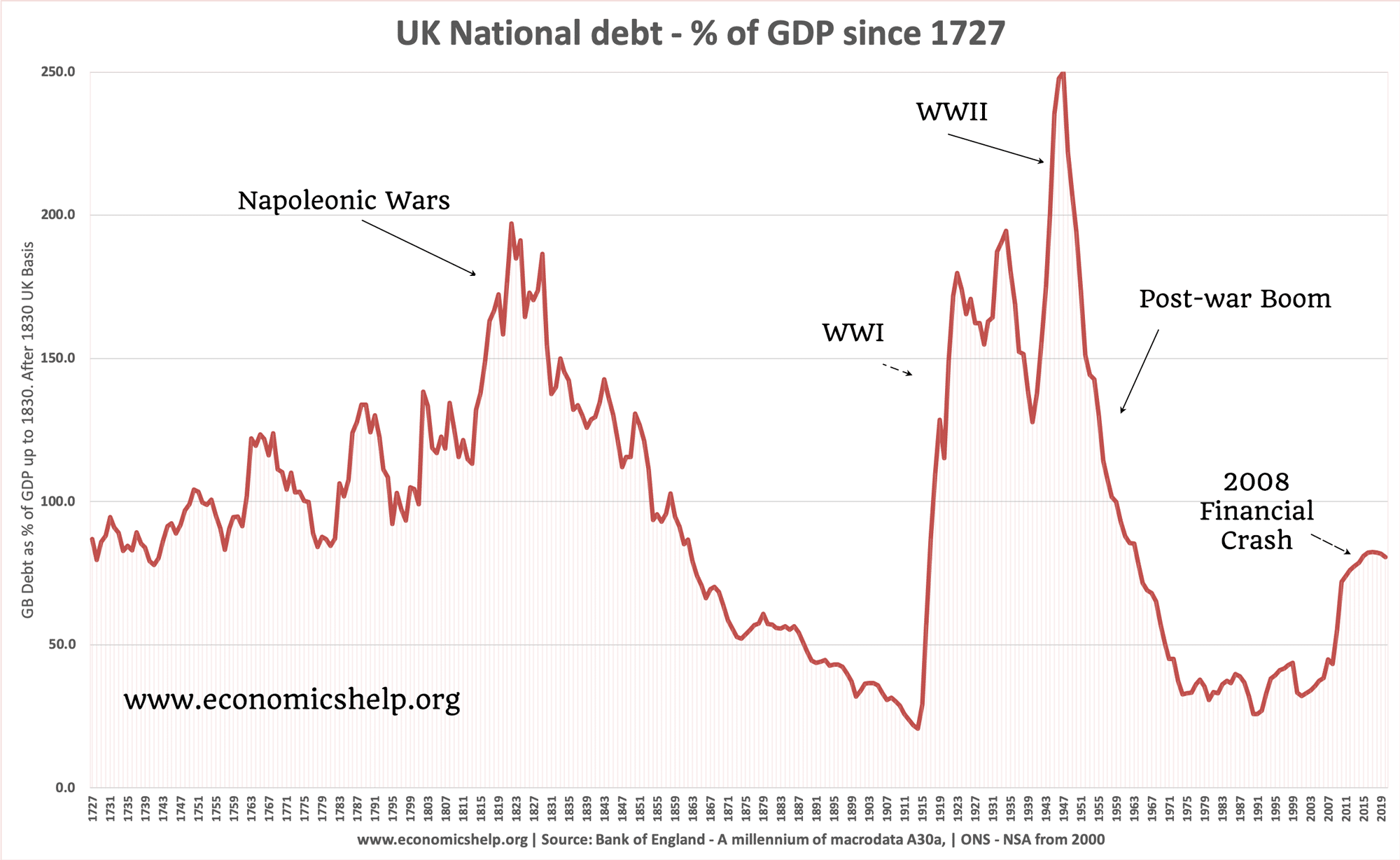Macroeconomic Controversies
There are many areas of economics where respected economists may take up contrary opinions. Some of the main macroeconomic controversies include Keynesian vs Monetarist views on managing the economic cycle (role of fiscal policy) Real business cycle theories – the argument the economic cycle comes from supply, not demand. Whether there is a trade-off between …

